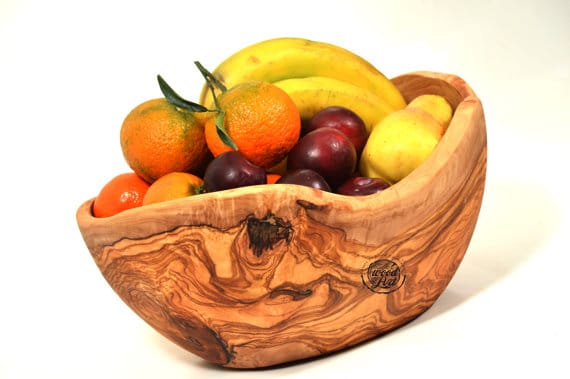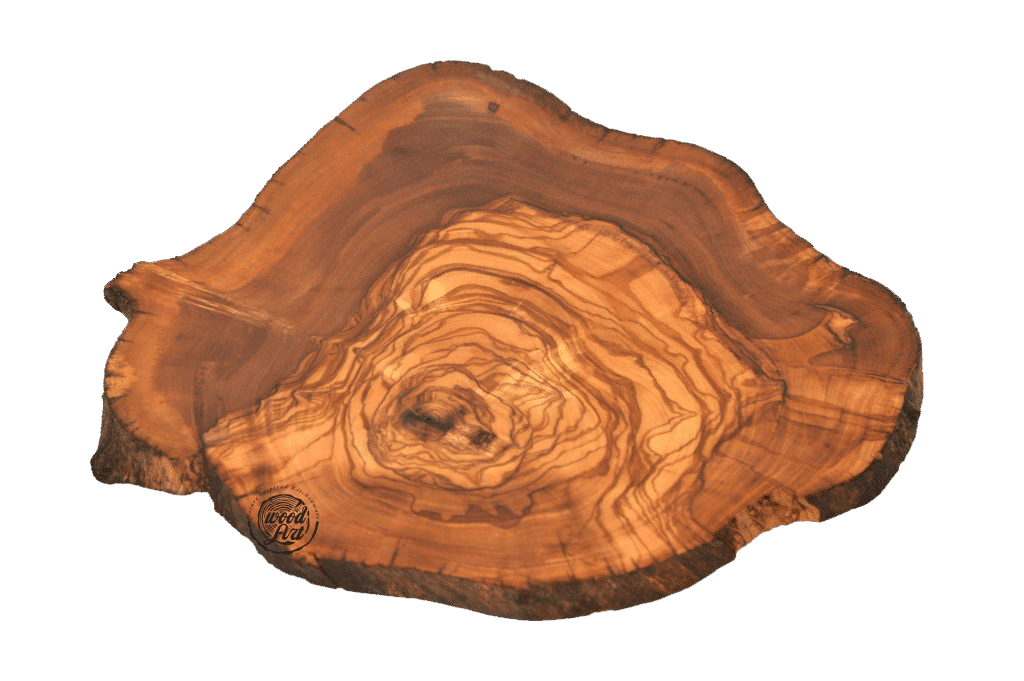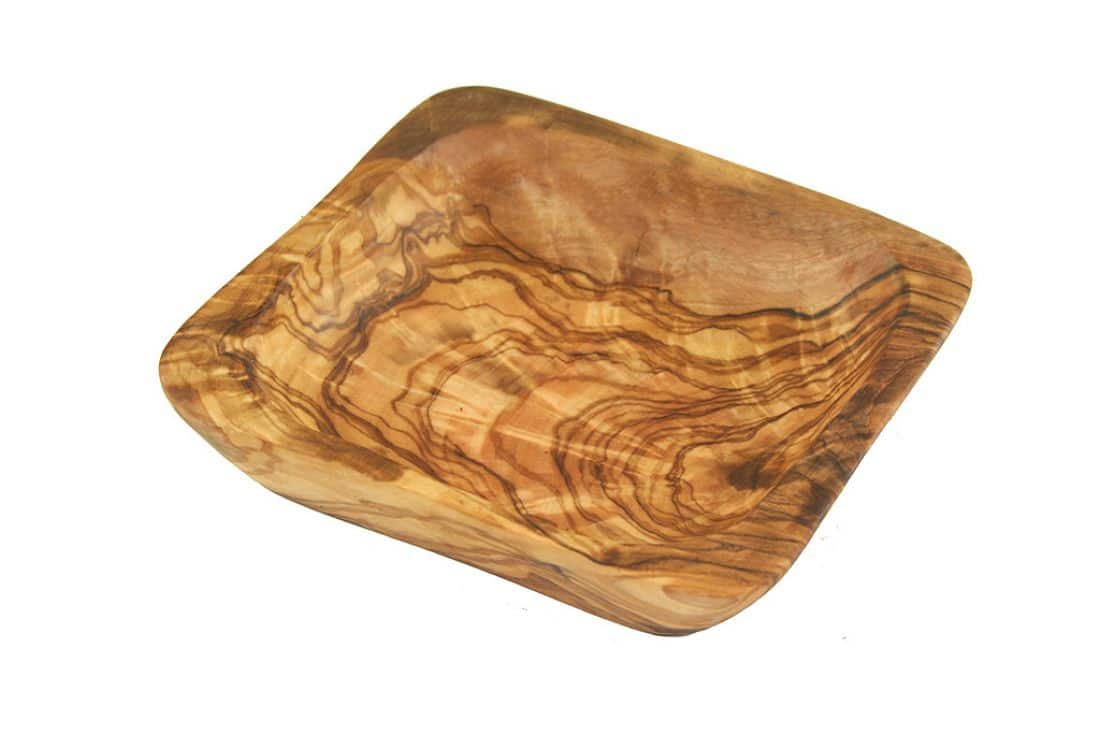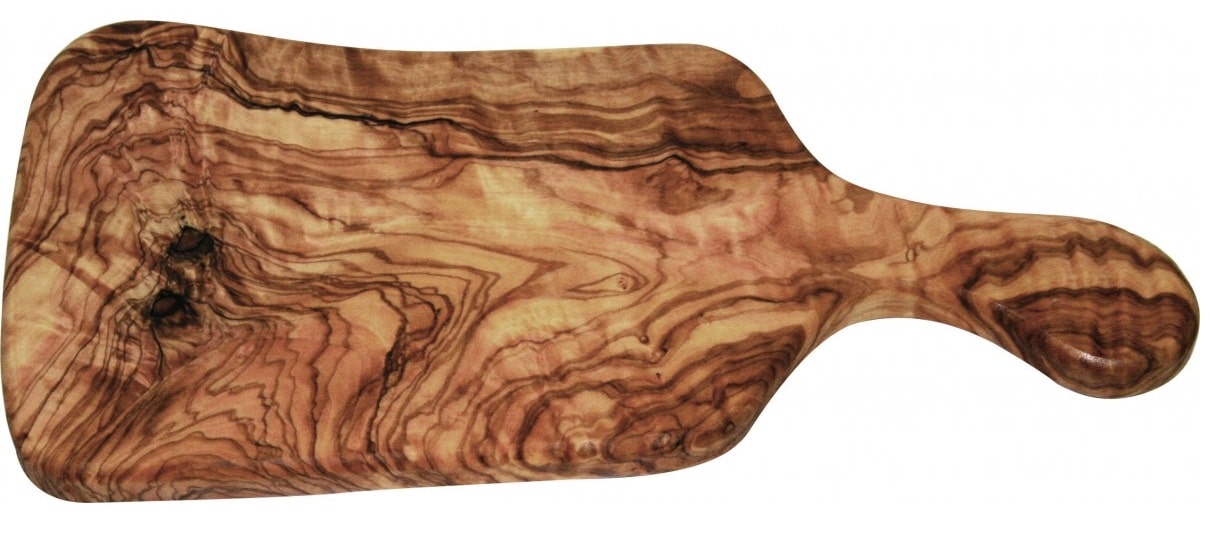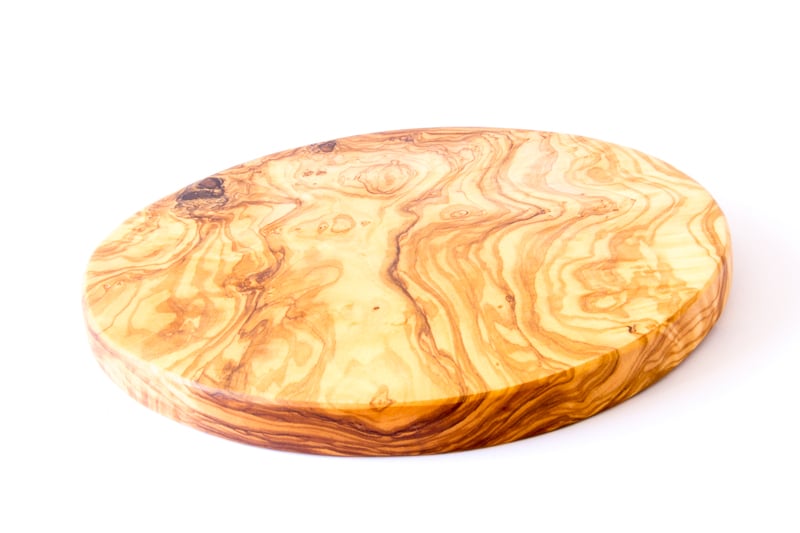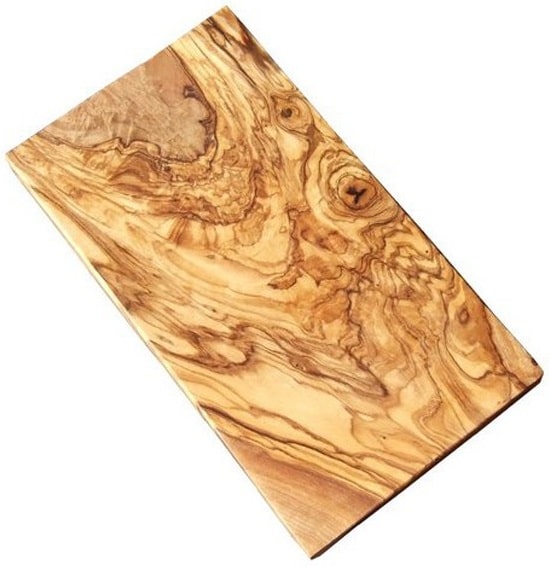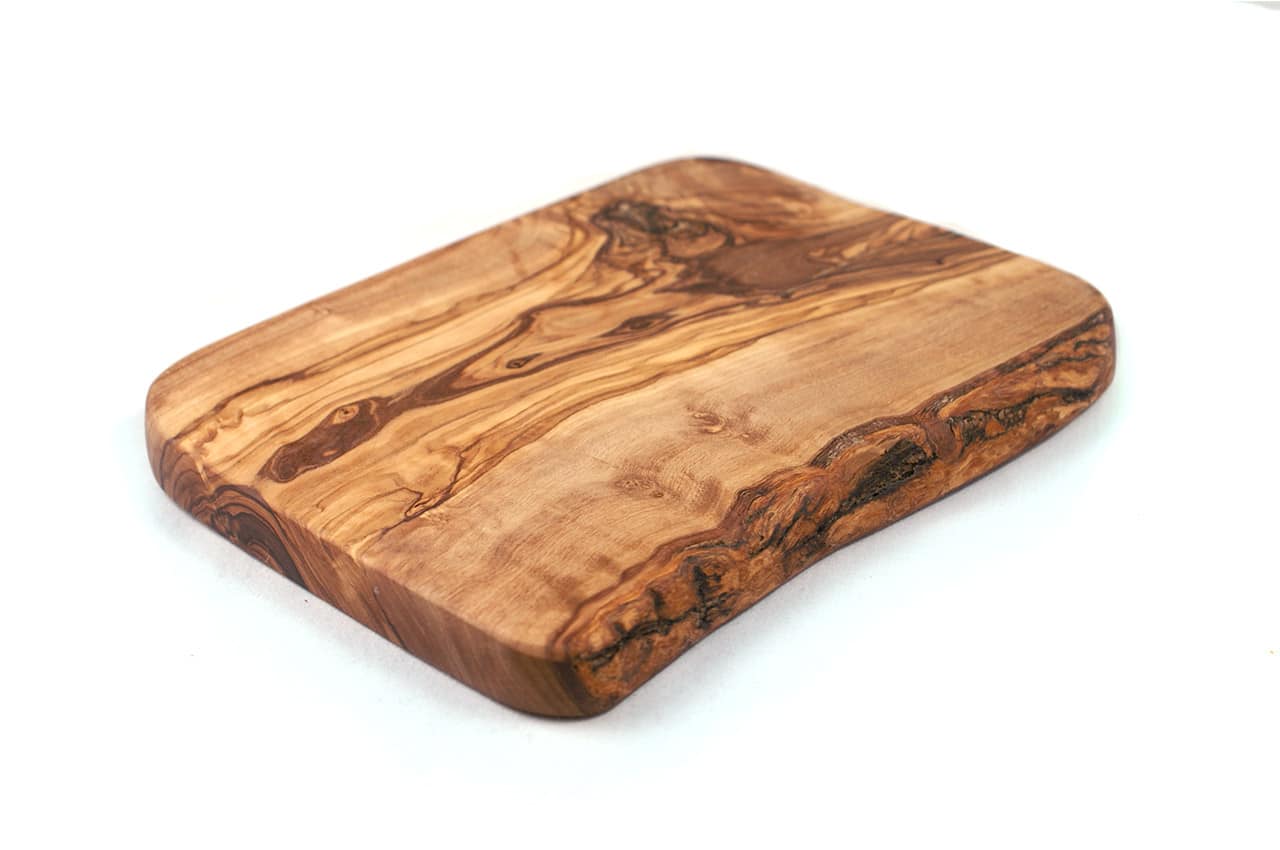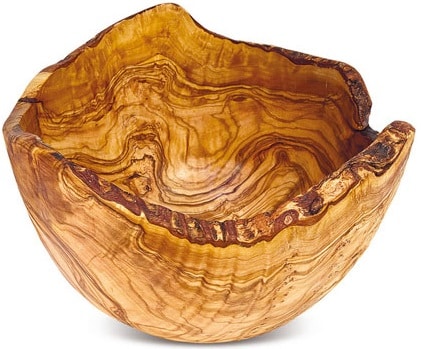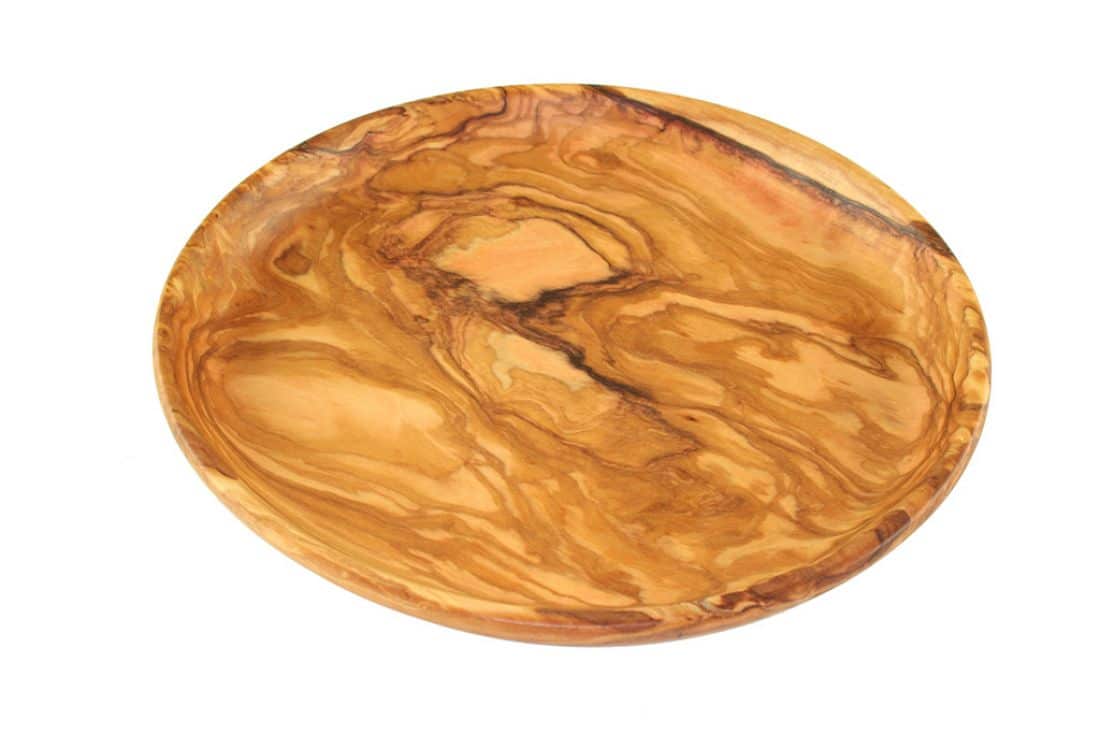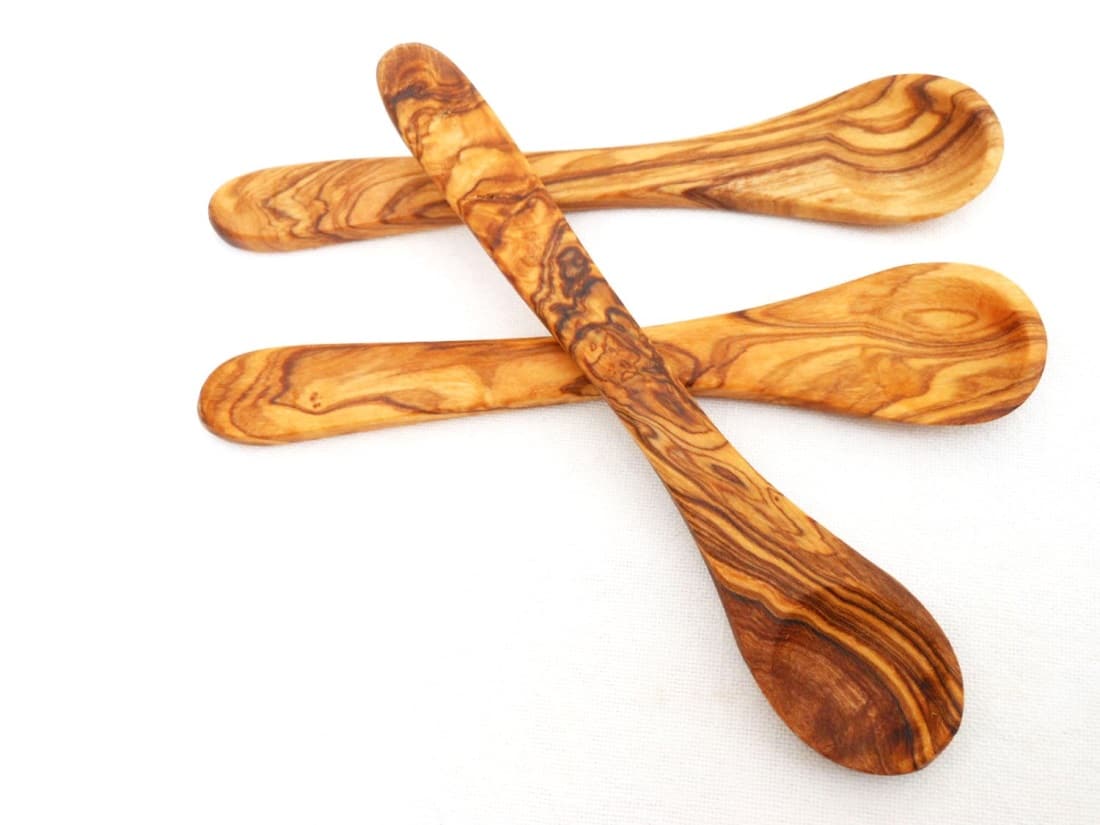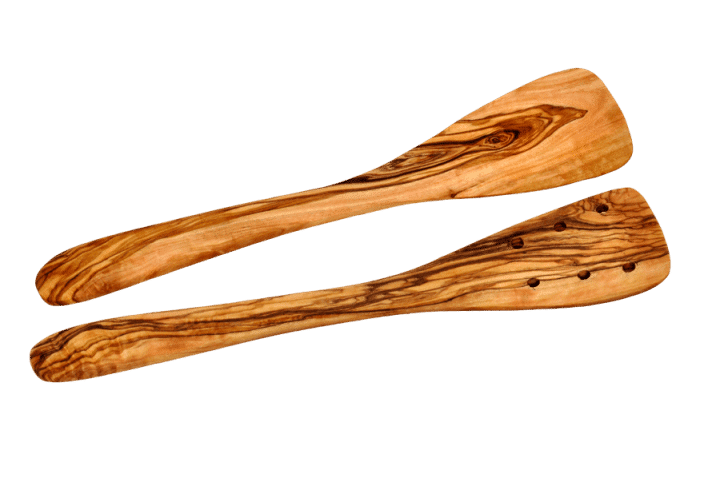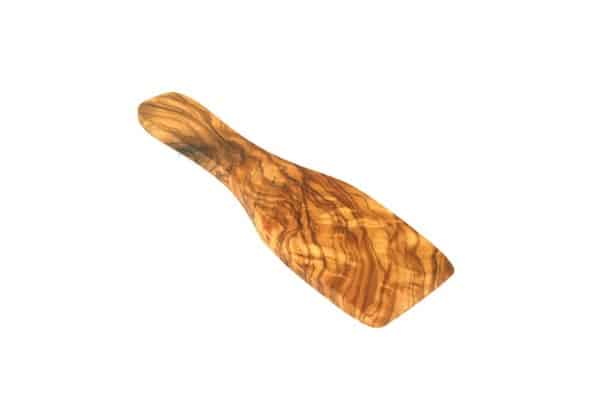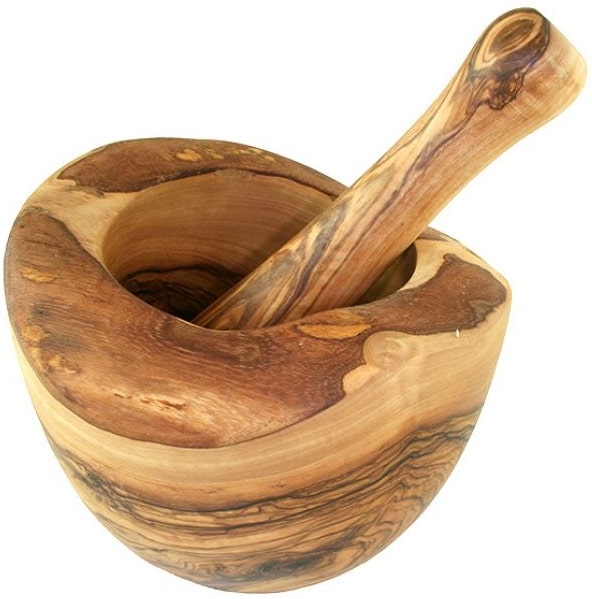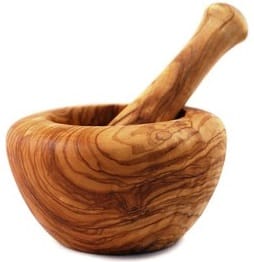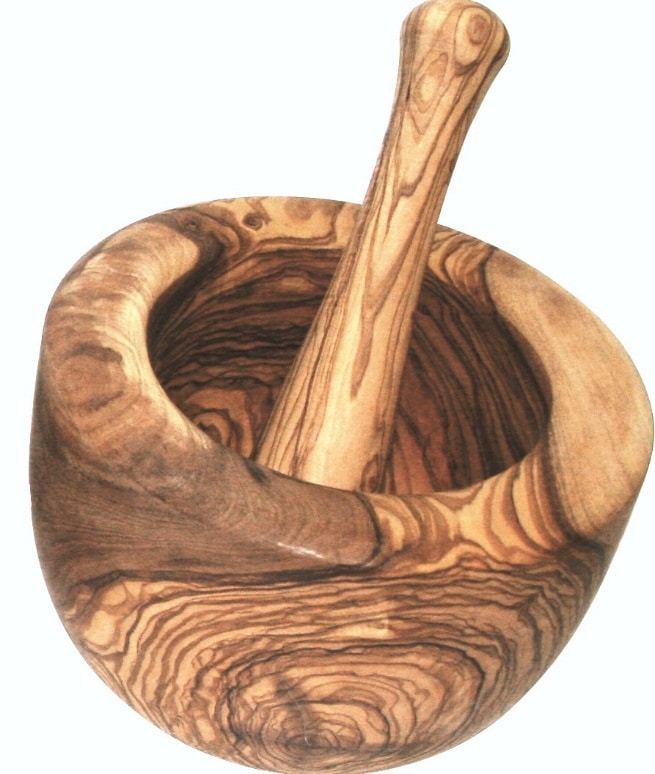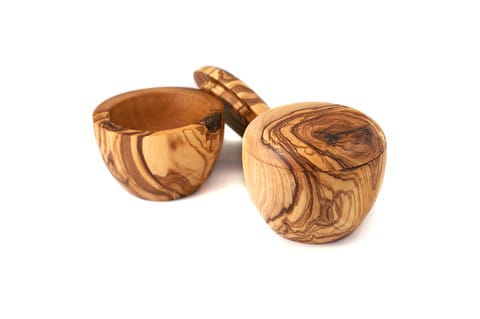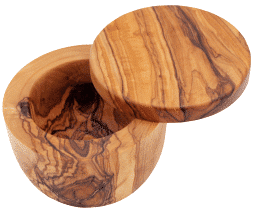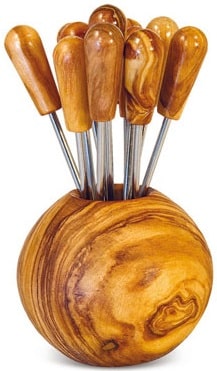- Olive wood bowls

Olive wood Cheeseboards
Crafted with care and attention to detail, these bowls are made of high-quality Tunisian olive wood and show the natural beauty and unique grains of the wood.
- Olive wood boards
-
Olive wood oval board
- Olive wood Cheeseboards
- Heart-shaped Olive wood Board
- Olive wood natural board with handle
- Olive wood natural board with hole
- Olive wood natural board
- Olive wood natural handled steak board
- Olive wood natural oval-cut cheeseboard
- Olive wood natural steak board with hole
- Olive wood natural steak board
- Olive wood oval board
- Olive wood rectangular board with rustic edge
- Olive wood rectangular board
- Olive wood Round board

Boat shaped olive wood bowl
This stunning board is made from the complete cross section of an Olive Tree trunk where we have also left most of the bark around the outside edge to keep it as rustic as possible.
-
Olive wood oval board
- Olive wood bowls and dishes

Olive wood square dish
Each bowl has been carved by hand from one piece of our Tunisian olivewood. Every piece is completely unique, with stunning grain patterns and colors.
- Olive wood cutting boards

Olive wood board with handle PG
Decorative as well as practical This chopping board is colored and patterned by the natural grain of the oak; it is perfect not only to chop vegetables or fruits but also to display food on.
- Olive wood kitchen utensils
- Olive wood mortars & pestles
- Olive wood tablewares
Blog
Tunisian olive wood craftsmanship is steeped in history and tradition. For centuries, local artisans have transformed aged olive trees into stunning products
1. The Legacy of Olive Wood Craftsmanship in Tunisia
Tunisian olive wood craftsmanship is a tradition deeply rooted in the country’s history and culture. For generations, skilled artisans have transformed aged olive trees into exquisite products that blend beauty, functionality, and sustainability. These trees, often hundreds of years old, are a vital part of Tunisia’s landscape, symbolizing life, prosperity, and resilience.
Crafting olive wood is more than a profession—it’s an art. Artisans carefully select non-productive trees, ensuring sustainability while honoring nature. The wood is known for its unique grain patterns, which tell a story of years spent enduring Mediterranean heat. Each product, from elegant bowls to intricate utensils, is carved by hand, sanded to perfection, and treated with olive oil to highlight its natural beauty.
Tunisian olive wood products are not only functional but also hold cultural significance. They represent the bond between people and nature, showcasing the value of heritage and craftsmanship. By choosing these products, you’re supporting artisans who continue this time-honored tradition and embracing a piece of Tunisia’s rich cultural tapestry.


